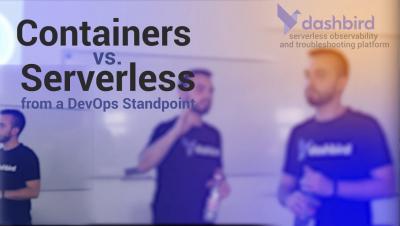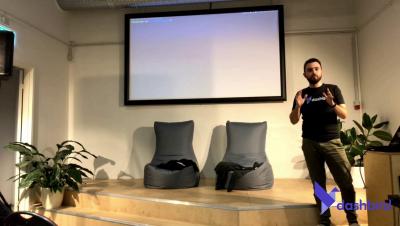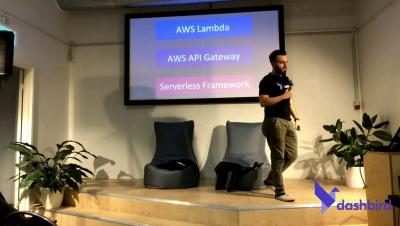Operations | Monitoring | ITSM | DevOps | Cloud
Dashbird
Serverless SWOT analysis
Building a serverless application means you usually trade in old issues for new ones. This is an attempt to create a decision framework and break down arguments for and against using serverless vs. other computing models.
Serverless with AWS - Image resize on-the-fly with Lambda and S3
Handling large images has always been a pain in my side since I started writing code. Lately, it has started to have a huge impact on page speed and SEO ranking. If your website has poorly optimized images it won’t score well on Google Lighthouse. If it doesn’t score well, it won’t be on the first page of Google. That sucks.
You've been thinking of Serverless all wrong!
While working for Dashbird.io I’ve had to pleasure to come in contact with a number of serverless early adopters that included both small companies working on apps or just testing ideas as well as fortune 500 companies with an already established user base. What I’ve found is that a lot the people I speak to think of serverless as a shortcut to developing software but that’s just not the case.
Three AWS Lambda Cost Optimization Strategies That Work
Nowadays, we need to pay for almost every service we use. Starting with our operating systems, antivirus software, for which we need to pay for a license to use. Also, if we wish to use various online services, we need to register an account on their website. Furthermore, we need to pay to be able to use the service entirely.
What Is Lambda Architecture? (for dummies)
From ancient Rome and Greece throughout Latin America and Egypt, there is only one thing beside the history itself that kept those ancient times alive even today – the architecture. The most important part of any era in our immersive history was the building of magnificent objects all around the world. These objects, even today, are some of the many wonders of the world.
Dashbird product update - September 2018
Over the past year, we’ve seen Dashbird providing increasingly better visibility for developers building serverless applications. One of our goals is to create a product service that gives end-to-end visibility into serverless architectures, one that aligns perfectly with the needs of our clients.





